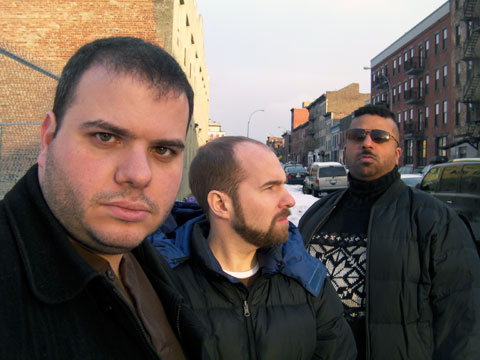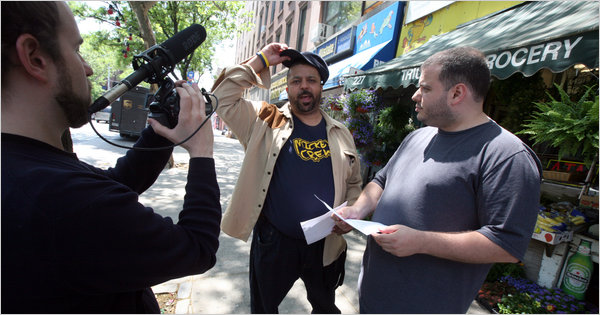A few weeks back, around the weekend of Daylight Savings Time, I thought to myself: Wait, is Daylight Savings time this weekend? Is it Saturday? When the hell is it?
So I turned to google for help. Punched in the full question and as you can imagine, got back a shitload of links. I clicked on one of the top links – one that had a promising description – and went to the page. At the page, I had to scroll down, sift through some visual noise (ads, other time-related links, or way too much information) and only then, did I see that in fact Daylight Savings Time was that weekend – that Sunday morning to be precise.
The sad truth is that I was annoyed that I had to complete four steps to get an answer to that question. The search, the pick, the sift, the answer. And the pick took surprisingly long. I thought the clearest url would make my choice for me but they were all extensions of things like webexhibits.com, infoplease.com, aa.usno.navy, etc. The clearest one I could find was timeanddate.com but that led to a website dominated by an unnecessarily informative essay.
I didn’t want to learn a single thing about Daylight Savings Time. I just wanted to know the exact day when I should set my clock back.
I told this to fellow Internets Celebrity, Rafi Kam. Rafi told me we had the technology to not only make a site that counted down until Daylight Savings Time but we could automate it. I told Rafi, “that is fresh!”
Then, we leapt into action.
When Is Daylight Savings Time?
It means what it says and it says what it means.
I wanted the url for this site to be the most basic version of the question I wanted answered. I wanted to sidestep google even. If you took your question and plugged it in to your browswer, you’d get the answer you were looking for. In theory, we made it a one-step process. But that level of browser-faith might not be realistic. At the very least, I felt like we’d saved people valuable seconds.
Anyway, this got us thinking: what other notable dates took more than a one-step process to find out when they were happening. These are what we came up with:
When Is The Full Moon?
When Is Easter This Year?
And the slowest automated countdown ever:
When Is Leap Year?
Then, we took all those sites and grouped them together at:
Whenderful.com
where we welcome suggestions for other Whens.
As I admired these sites, I realized I’d learned some things during their creation.
1) Daylight Savings Times are not equidistant from each other. Someone told me that it was changed not too long ago so that now it’s like 230 days between Springing Forward and Falling Back and then like 135 days on the other end. I heard that the last change was on account of trick or treaters so that they could have more daylight on Halloween. Um. That’s weird.
2) The reason I don’t know when Daylight Savings Time is anymore, is because I don’t listen to the radio. I listen to podcasts but I don’t do a lot of real-time radio listening. And that’s where I used to just casually hear about falling back or springing forward. It’s not that big a revelation but there’s something lonely about not all hearing at once about mundane things like clock-setting.
Anyway, thanks for checking out the sites.




